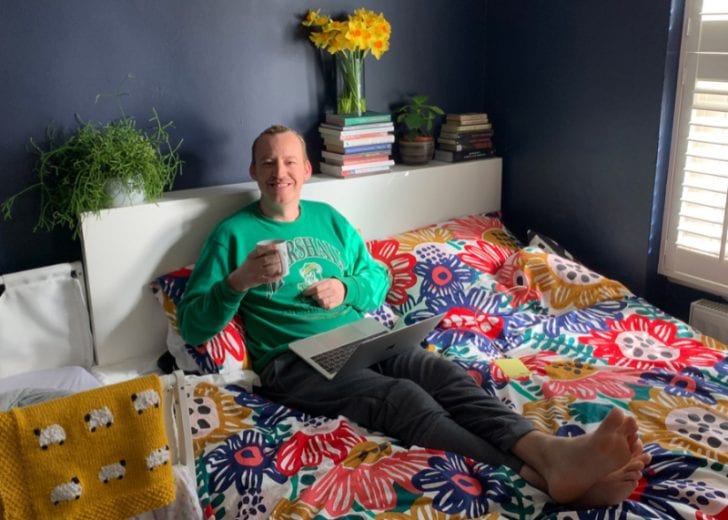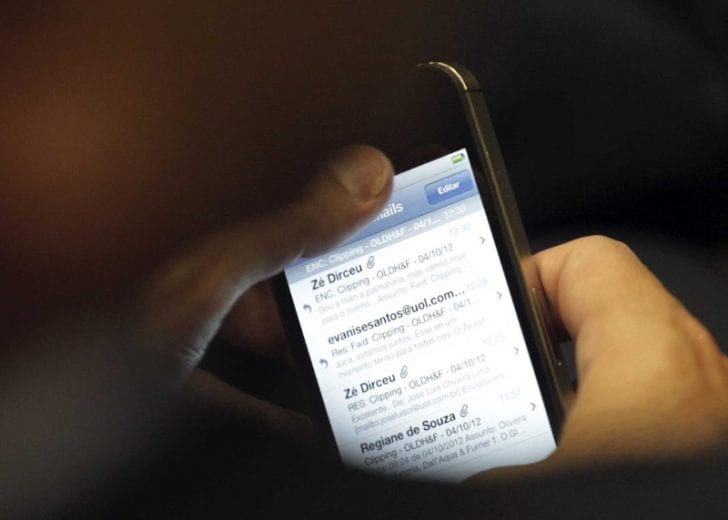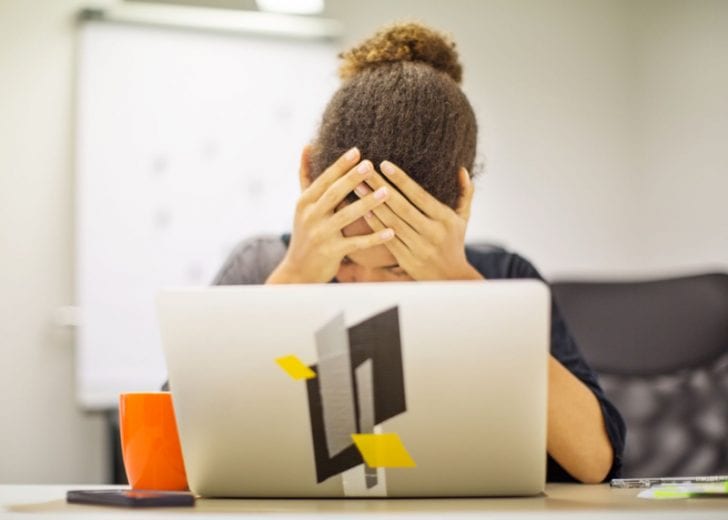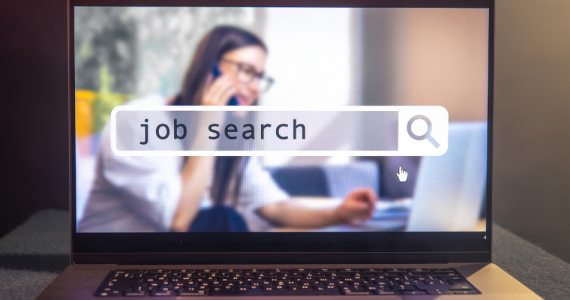Today this message feels strictly spiritual as astute and successful business tycoons like Elon Musk and Jack Ma say that employees must be blessed to work 12-hour days! The self-employed tend to worship the shrewd NYC media titan Gary Vaynerchuk who advises start-up founders to work 18 hours daily. Even Hollywood is not immune to the hustle culture as Dwayne Johnson, probably the biggest star in the film industry, claims he achieved his status by sheer hard work.

This leaves too many drawbacks, as few talk about how to handle issues. Whether self-employed or in a high-pressure work, long hours ought to be balanced with sufficient care for spiritual, physical and mental health. Musk tearfully discussed last summer that working 120 hours a week is excruciating or spending over 24 hours of your birthday at the office, but wasn’t he hustling to buy the New York Jets? How does self-care look for ordinary people? After speaking with coaches and other busy self-employed people, some major themes emerge for recovering from the grind.
Set data limits, but remain flexible

It’s impossible to leave work at your workplace when working from home, say experts as getting up at 6 am might encourage you to start working. Still at work on the computer at 10 pm means doing some more work as finding an inflexible off-switch is extremely difficult to find. No matter how hard you try to set a hard stop, you end up remembering remember something to be done at dinner, at the gym, or just after climbing into bed. Even those working in offices know the stress of bringing work home. Setting hard boundaries like no email after 6 p.m., are unrealistic restrictions for freelancers who must respond to salespeople or clients expected to check in daily with their manager.

The key is blocking your internet time. Computer science professor Cal Newport in his landmark 2016 book “Deep Work,” suggests scheduling time blocks for internet use outside of work. This can curb mindless urges to check email that interferes with their free/leisure time, but allows fulfilling obligations. Allow 15 or 20 minutes to work or respond to email after dinner or the gym. Do try to be flexible and forgiving with yourself with exceptions for essential tasks, like confirming your plans with a date/friend or asking for directions. Internet guidelines could be more stressful than freedom.
Working long hours is bad for health and work

If stuck at an important task, when 6 pm, or even 9 pm rolls around and you’re still at it in the office, those extra hours easily balloon into cardiovascular disease risk, fatigue and general poor health. A tri-continental study confirmed those working in excess of 55 hours a week have a 33% enhanced risk of stroke when compared with those working a 35-to 40-hour week. Overworked employees also have a 13% increased risk of coronary heart disease. Though this study cannot prove direct cause-and-effect, the high correlation between overworking and increased health risks should ring alarm bells and you could prepare an achievable end-of-day routine. A practical Action Plan that ensures avoiding burnout due to overwork is :
- Plan your day more realistically
- Re-frame what you think about leaving work
- Build an end-of-day routine
- Set a non-flexible finish time




